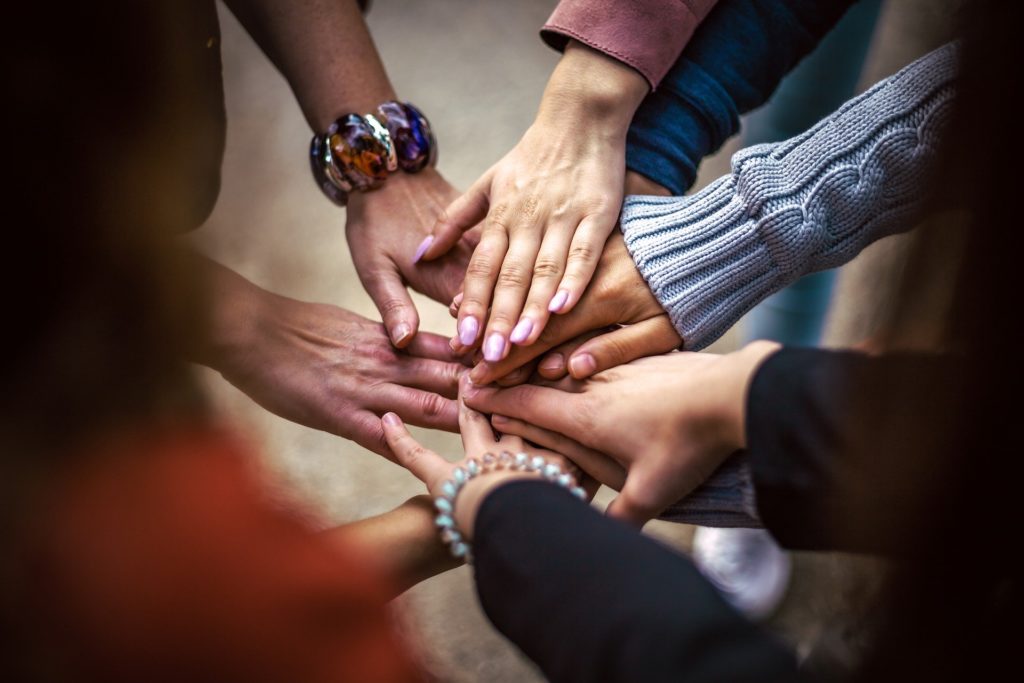Community Healthcare of Texas is launching a new bereavement care program tailored for members of the LGBTQIA+ community who are grieving. These groups have historically been underserved and much less likely to receive hospice or palliative care than the general population.
Data on hospice utilization among the LGBTQIA+ community are scarce. Research shows that this population is more likely to receive unwanted high acuity care at the end-of-life and are less likely to have advance care plans or documented wishes and goals. A 2018 AARP study found that 60% of people who identify with those groups are concerned about a lack of sensitivity to their needs among health care providers.
Orienting grief programs around the needs of that community can help patients and families feel safer working with a hospice.
“Our bereavement groups have long been a welcoming environment for anyone throughout the communities we serve who has experienced the loss of a loved one,” Laurie Esposito, senior director of support services for Community Healthcare of Texas, said. “At the same time, we realize that for some in the LGBTQIA+ community, their grief is often compounded based on a personal history of rejection or isolation, and we desired to offer them a space to openly process their feelings after the loss of a loved one.”
The U.S. Centers for Medicare & Medicaid Services (CMS) requires hospice providers to offer bereavement counseling for a minimum of 13 months following a patient’s death, but hospices tend to go above and beyond by making grief care available to their entire communities, regardless of whether residents’ loved ones were their patients.
Hospice providers nationwide are reassessing how they provide bereavement care due to the need for social distancing during the ongoing pandemic. With few other options, many are turning to telehealth systems to support grieving families.
Concerns about equity, inclusion and diversity have rocked the nation’s health care system, with many organizations ramping up efforts to close utilization gaps within the past year. With barriers such as patients’ fear of discrimination and general mistrust, hospice providers will need to build up awareness and break down biases around gender identity and sexual orientation to foster greater trust among underserved communities.
A general lack of understanding and awareness of hospice among other health care providers has been a driver of underutilization, as have stigmas, stereotypes and biases.
“Without access to grief groups designed specifically for them, the LGBTQIA+ community often just makes do and is forced to muddle through the grief process the best they can,” said Charley Garrison, minister and co-facilitator of the support group. “This group will give participants the ability to be fully authentic in their grief and experience the extraordinary benefits a group can offer someone as they begin their journey of healing after a loss.”



